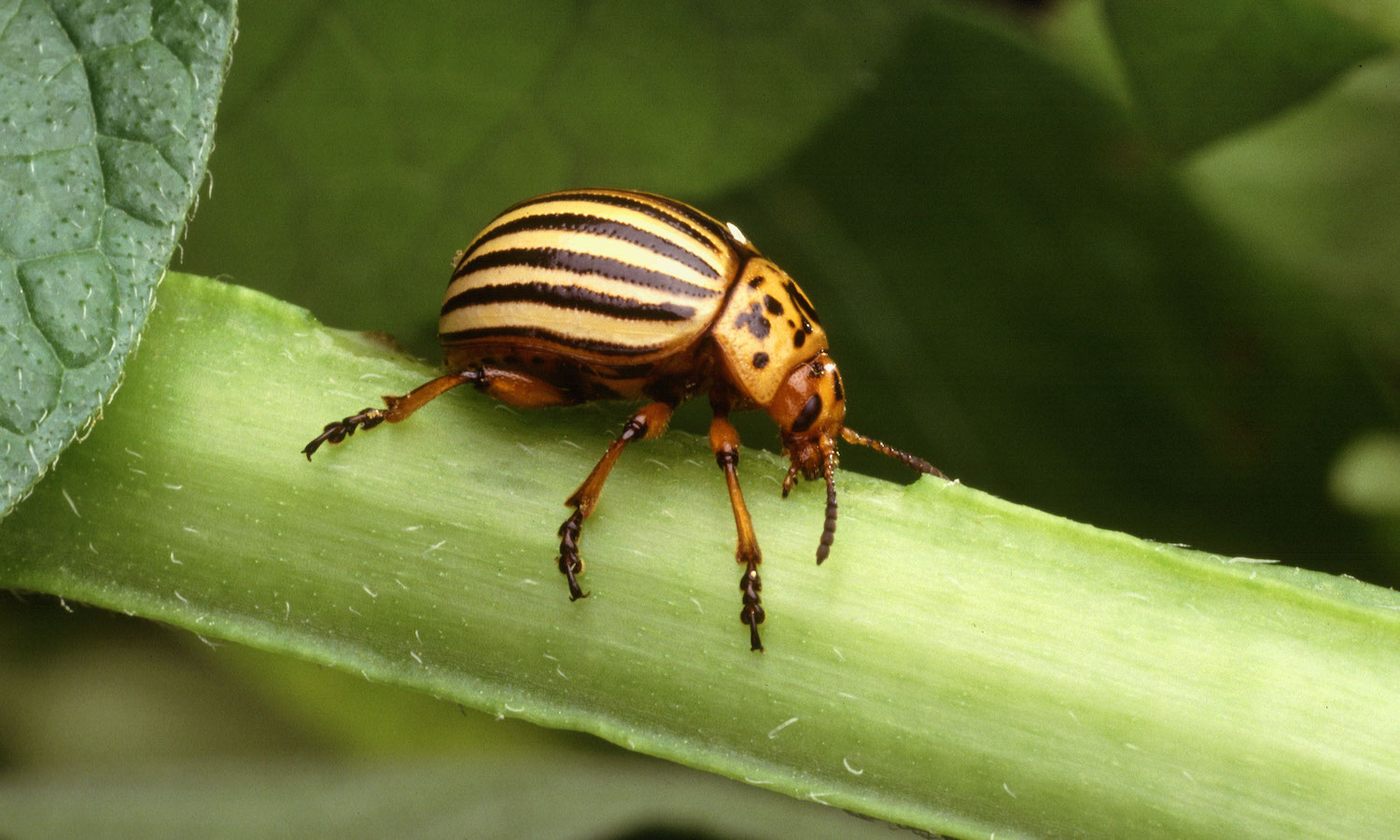As demand for sustainably grown produce increases, growers often face a dilemma. They may want to grow crops for this market but find that premiums for sustainably produced items may not be enough to match the added costs.
Terra Vera is a company founded in 2020 that attempts to solve this problem by creating products for pest control that are both environmentally safe and cost-effective.
“Terra Vera is a first of its kind agriculture technology company using an amino acid platform to safely prevent crop loss and improve crop quality,” says the company website.
Terra Vera CEO Carlos Perea explains that his company’s product is nontoxic. “It also quickly degrades or biodegrades into salts—amino acids—that become fertilizers, so we have no negative impact the soil; we actually provide a net positive.”
The Terra Vera product is “mimicking mammals’ immune systems,” Perea continues. “We have a chemistry that for a short period of time is really good at killing viruses and bacteria and other plant disease, so we start with food grade and we end with food grade, and in between—a very brief period—we have something that’s very effective at controlling these issues that synthetic pesticides are often used for.”
Terra Vera has worked with a number of crops, including cannabis and winegrapes as well as strawberries grown indoors. The company provides “a piece of equipment that can take these inert salts—amino acids—and convert them into this powerful but safe chemistry, and then it is either sprayed or fogged in that room” to fight powdery mildew and other fungal diseases, says Perea.
The product has “a very broad mode of action, so it kills a lot of things,” adds Perea. “But one of the nice things about it is once it biodegrades, it is completely safe. So your workers don’t have to worry about wearing respirators; you don’t have to worry about contamination; you don’t have to worry about your facility degrading.”
Comparing costs, “if you are growing winegrapes”—one crop Terra Vera has been working with—“some of the fungicides that you use that are specialty chemicals to ward off things like powdery mildew or botrytis might cost you $15 a pound or more. On the other end of the spectrum, you might use sulfur,” which “you could get [for] as little as 50 to 70 cents in micronized form. Our chemistry comes in today at about $1.50 to $2.50, depending on utilization. So we’re not quite as cheap as sulfur, but better.”
Perea adds that the company is working on bringing costs down further, to levels comparable to those for sulfur. “You gotta be twice as good at half the cost or it won’t work; people don’t switch,” he stresses.
The Terra Vera product also controls soft-bodied pests such as mites and aphids. This fact points to one of its most promising uses: to control varroa mites in bees, which are the leading cause of bee death and hive loss and which have been developing resistance to current control methods. Moreover, many pesticides used on crops such as almonds are lethal to bees as well.
“Weirdly enough,” says Perea, “the chemistry that we’re using is not only nontoxic to the bee, [but] we think it actually might provide some benefits because we leave behind amino acids. The ones we’re using actually have some known benefits to bee cognition, so they’re just able to forage better.”
The Terra Vera formulation is not at this point labeled as organic, but Perea says the company has been talking to OMRI—the Organic Materials Research Institute—for recognition.
“We certainly want to make a positive impact,” Perea concludes. “That’s the idea of being in business these days. It’s not enough to make profit; you’ve got to actually make a positive difference.”
Source - https://www.producebluebook.com













